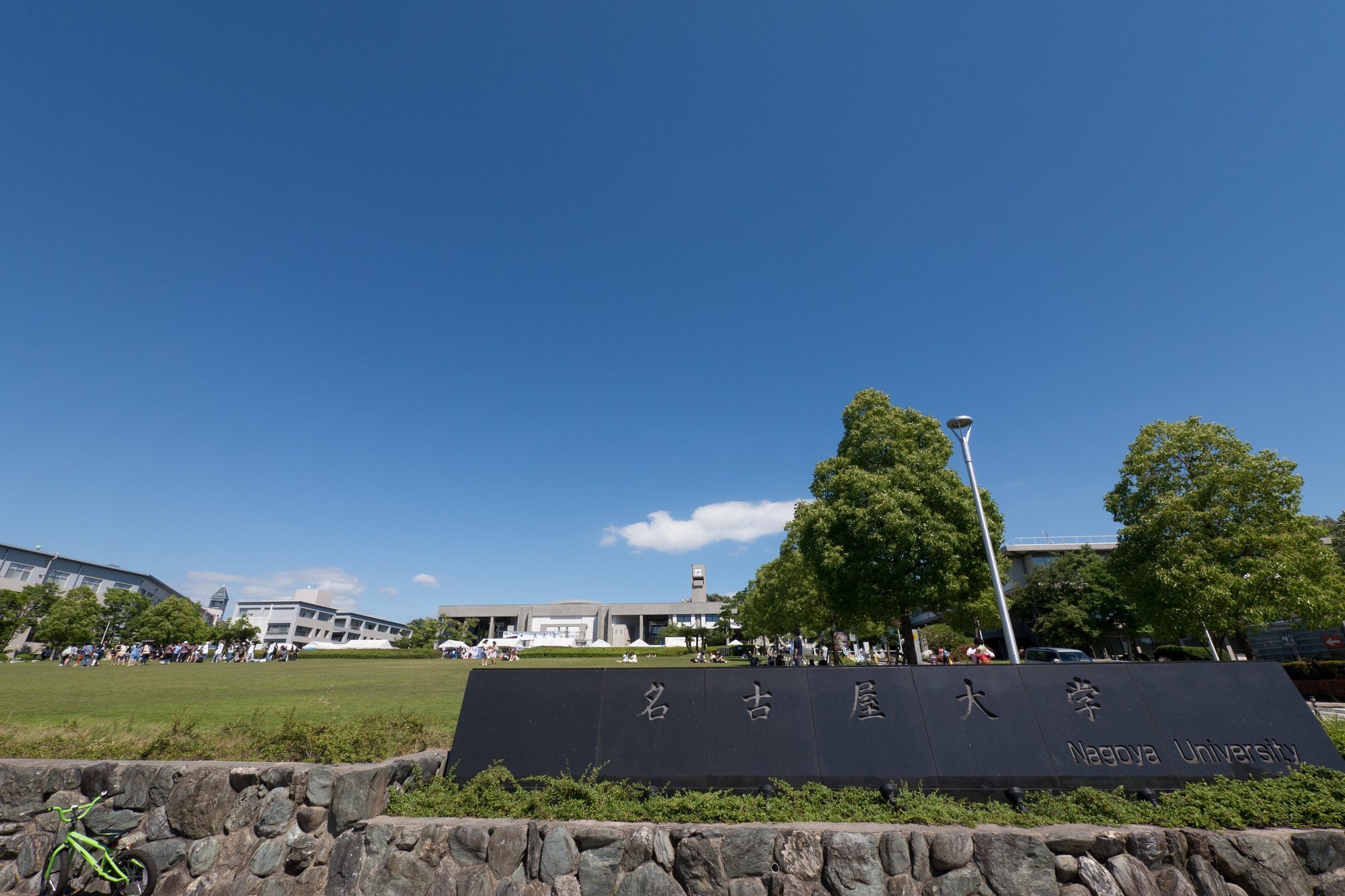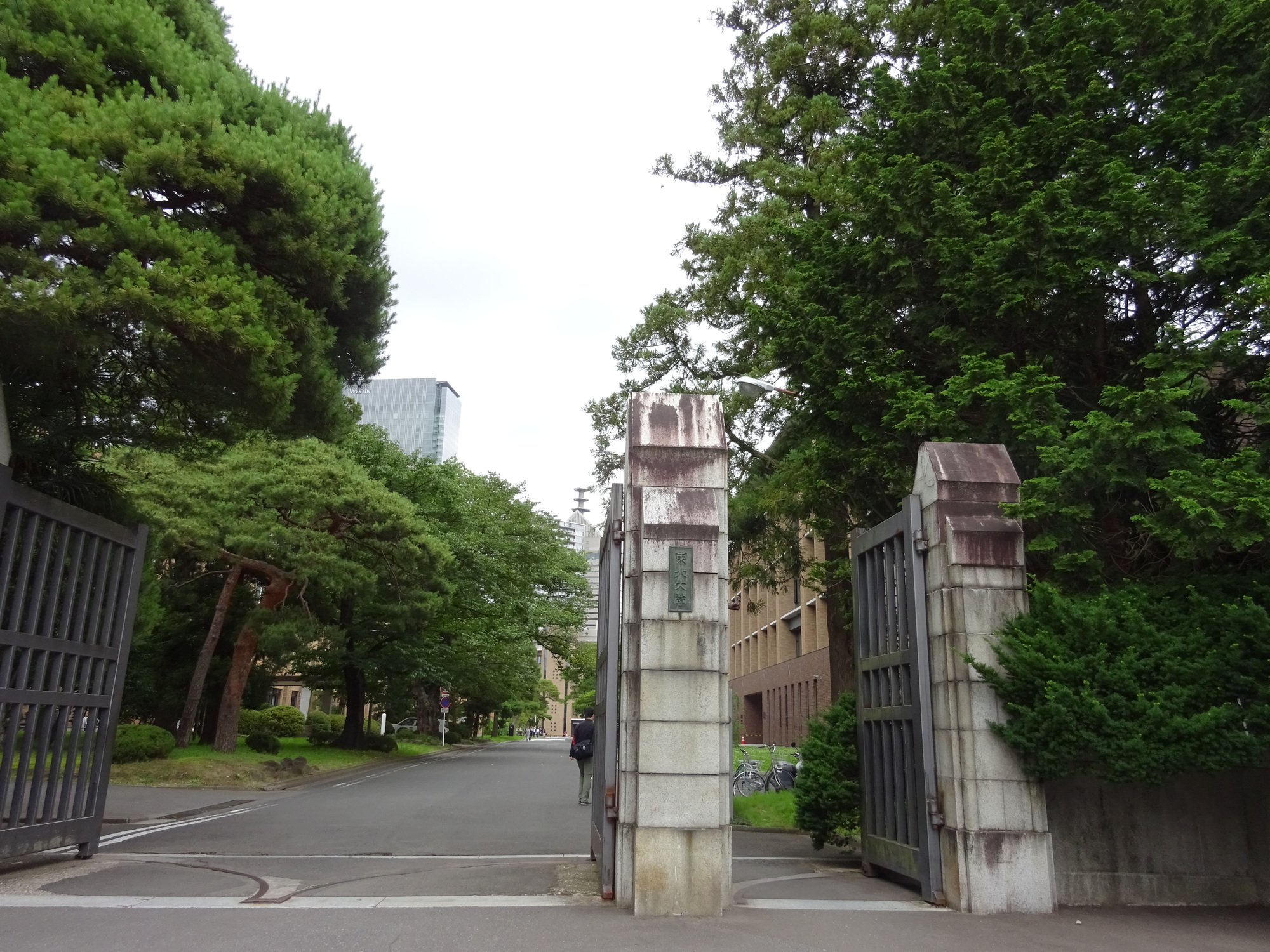Academic publisher Springer Nature has announced that the number of Research University Consortium (RUC) member universities participating in the innovative pilot conversion agreement introduced in Japan in 2023 has increased from 10 to 21. In 2024, we will also launch a new conversion contract model, J-SPRINTA, targeting relatively small-scale research periods in Japan.
Pilot conversion agreements include national universities such as the University of Tokyo, Kyoto University, Osaka University, Tohoku University, and Nagoya University, private universities such as Waseda University, Tokyo Medical University, and Ritsumeikan University, and graduate universities such as Okinawa Institute of Science and Technology Graduate University. is participating. Researchers affiliated with RUC member universities can receive funding to publish OA in Springer Nature's more than 2000 hybrid journals.
In addition, with J-SPRINTA, which will be launched in 2024, institutions other than RUC will be eligible for a three-year conversion contract, regardless of whether they subscribe to the Springer Journal Package, for institutions that are expected to publish five or more papers per year. You can participate. This allows researchers to receive support for OA publication costs in the company's hybrid journals, as well as access to journals at a relatively low additional cost, making it more cost-effective than traditional methods.
By providing the opportunity to make all or a certain number of research papers published by researchers affiliated with participating institutions open access (OA) by 2024, each institution will be able to transition to OA at a speed that suits them. As a result, a total of more than 1800 papers, including the pilot conversion contract and J-SRPINTA, are expected to be published OA by the end of this year. This is approximately twice the number of OA articles published by Japanese research institutions by Springer Nature in 2023 through conversion agreements. Additionally, this number of OA papers published annually accounts for approximately 2% of the annual OA papers published by researchers at universities affiliated with the Japan University Library Consortium (JUSTICE) and Springer Nature.
Antoine Bouquet, President and CEO of Springer Nature Japan, said, ``According to the latest data from the pilot conversion agreement in Japan, OA papers are downloaded on average six times more than non-OA papers, and the Altmetric Attention Score ( Attention level) is approximately 6 times higher, which is equal to or higher than our global average.This framework, tailored to Japan's needs, will enable more researchers to publish their research OA, and increase the We are pleased to see increased global visibility for our research. Japanese researchers will now have sustained access to Springer Nature journals, as well as increased citations and downloads for their research. You can benefit from this.''






